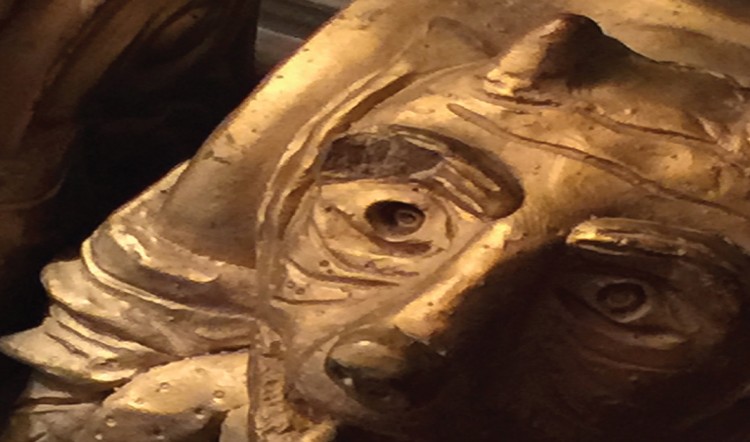Making the Most of Magic
With the wondrous presents bandied about this time of year, I think about the gifts given by GMs, those hidden away in the treasures of monsters and such. The gifts of which I speak? Magic items.
When thinking of including such items in your world, be sure to carefully consider the implications they can have in your game world. Some systems and setting have magic as part and parcel of the world. Think about it. Who doesn’t like magic items? You should also have some special magic items in your game world, and even if magic doesn’t exist, be certain to have some technologically equivalent wonders for your players to “oooh” and “ahhh” over.
The best magic items are causes for quests and add intrinsic value to the game by their very nature. Many special items–or relics as I tend to call them–are catalysts for adventure and conflict. The good guys want to get the Ark because the bad guys want to get the Ark. Certainly, there are magical MacGuffins to get the characters motivated, but I find the campaign can be particularly interesting once the characters achieve such an item. If they got it at a lower level than they really should have, they have to contend with those factions (not necessarily evil) which insist (often quite forcefully) the item should be in their possession. Take for example, the Holy Blade of Antioch, a revered relic from the Last Crusade. Do you think the High Church would want some vagabond to carry about in his pack and use it to ransack the graves of Barrow Wights or would they rather put in the hands of their Holy Champion, Lord Enwright?
Some of you like to reward your players with some magics (as if your GMing skills were not enough) and that’s okay. One shot or limited use magic items are good ways to reward players and are self-balancing (i.e. they’ll run out eventually). Furthermore, they let you test out new magics in the economy without worry about wrecking your carefully developed world. You can also fill in the gap where magic items reside with “magic equivalent items” if you want magic to be a true rarity. For example, a well tempered blade could have the mechanical equivalent of a magical blade without the associated awe. Think about it.
Regardless of the amount of magic items in your world, you should at least name important items and give them histories, let them be found on occasion, and let the characters add to the story themselves.
For many of you, this isn’t a new theme, and I’m certainly not the first to talk about it, but it’s one of those subjects which bears revisiting by the best of us and the rest of us. Until next time, I bid you, dear reader, adieu!
